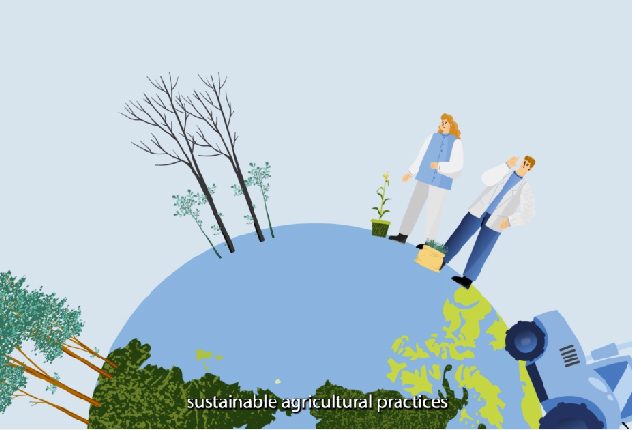
PEST(bio)CIDE: The herbicidal action of eucalyptus to prevent its post-fire expansion
Taking advantage of eucalyptus to reduce losses in agriculture and prevent the risk of fire served as the motto for the now completed project led by GreenUPorto
Recently ended, the PEST(bio)CIDE project lasted for 4 years and was led by GreenUPorto, with partners Plant Stress Lab, CIIMAR, CBMA (UMnho) and GEOBIOTEC (UA). The project received funding from FCT as part of a forest fire prevention program.
The main objective was to develop a sustainable bioherbicide from young eucalyptus leaves, to value the leaf biomass of new eucalyptus shoots that emerge in post-fire situations so that it is possible to control the spread of this exotic species in other locations and, thus, contribute to better forest management.
Throughout the project, researchers developed two bioherbicides from the leaf biomass of young eucalyptus trees regenerated after a fire: an aqueous extract to be applied in a post-emergence context, and a compound to be incorporated into the soil before weed emergence. The results demonstrated that these two herbicides markedly reduced the growth of purslane (model weed species used). Studies were carried out to evaluate the herbicide effect and environmental safety of the proposed strategies, and then transferred to field conditions for two years, where the real efficiency of EucaBio as a pre-emergent herbicide was tested, as well as the potential impacts of this practice on productivity. agricultural.
Researchers remain interested in unveiling the herbicidal potential and environmental safety of the compound based on eucalyptus leaves incorporated into soils and under field conditions and are motivated to share the results obtained with producers, to make agricultural food production more sustainable, reducing the environmental impact and contamination by synthetic pesticides, and promoting the valorization of the leaf biomass of eucalyptus trees that appear in a post-fire context, as a new method for active forest management.
During the project, new complementary ideas culminated in the development of two doctoral projects, which are currently taking place at FCUP.
Also, as a way of transmitting and understanding the objectives and results of the project, a video was created, which you can view in its full version here: http://tinyurl.com/PESTbioCIDE